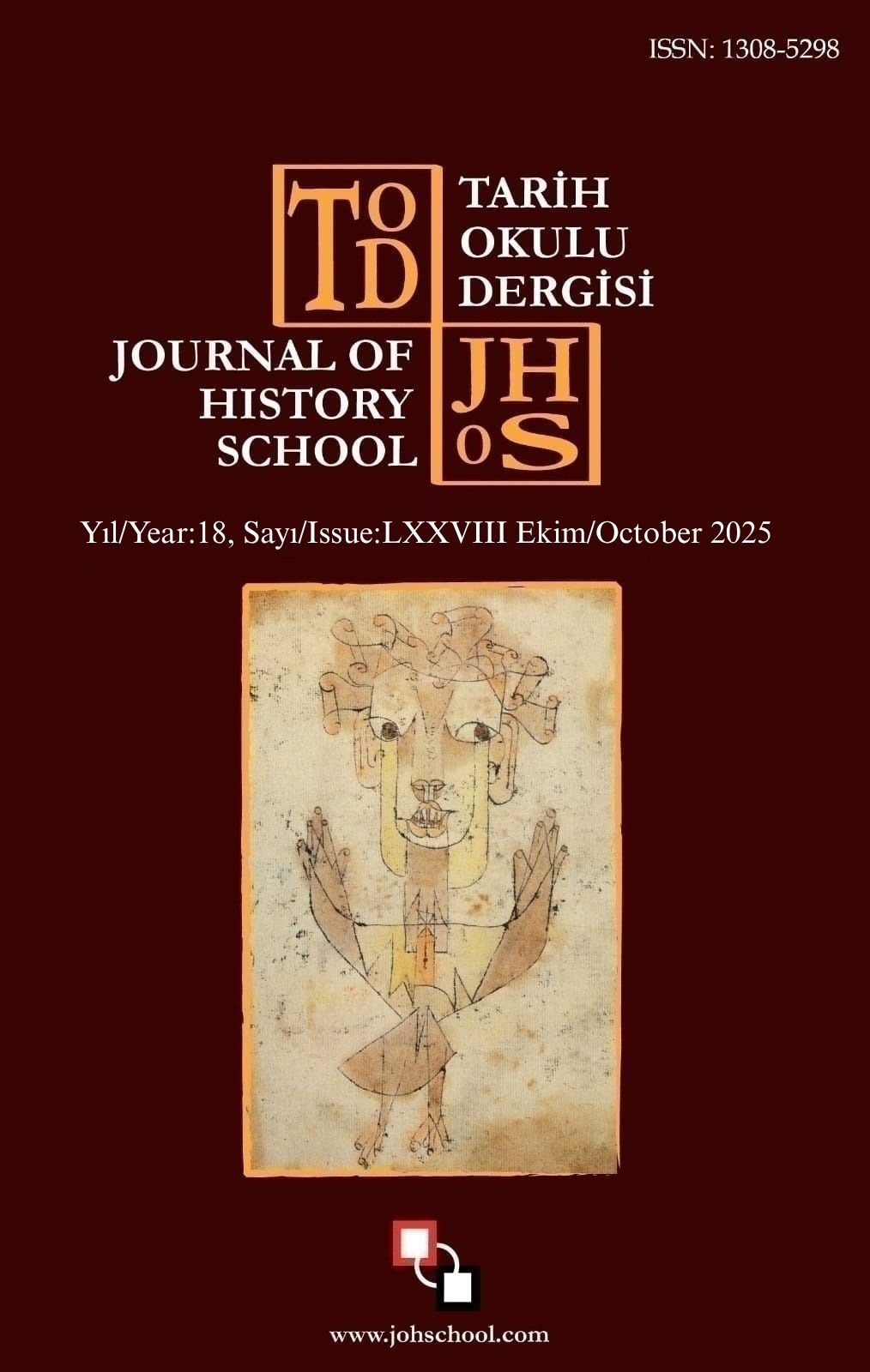Kültürel ve Çevresel Değerlerin Kesişiminde Kültürel Mirasın Korunması: Uluslararası Belgeler Üzerine Bir İnceleme
Author :
Abstract
Bu çalışma, kültürel mirasın korunmasının çevresel değerler ile ilişkisini incelemeyi amaçlamaktadır. Kültürel mirasın korunması, yalnızca tarihi ve sanatsal değerlerin korunması değil, aynı zamanda çevresel, ekonomik ve toplumsal boyutları da içine alan çok disiplinli bir alan olduğu ortaya konulmuştur. Kültürel değerlerin; çevre, insan hakları, demokrasi, çoğulculuk, ifade hürriyeti, sürdürülebilir kalkınma, yaratıcılık, biyo-çeşitlilik gibi olgularla doğrudan bir ilişkisi bulunmaktadır. Bu temelde kültürel çevre korumanın ilke ve değerleri önem kazanmaktadır. Bu ilkeler bir taraftan koruma bilincinin gelişmesini sağlamakta, diğer taraftan ise yasal alt yapının çerçevesini oluşturmaktadır. Kültürel değerler bütün insanların ortak mirası olarak kabul edilmektedir. Bu mirasın korunması ve gelecek kuşaklara aktarılması devletlerin bir sorumluluğudur. Bu sorumluluğun güçlendirilmesi için koruma alanında kabul edilen birçok uluslararası belge bulunmaktadır. Bu belgelerden yola çıkarak koruma politikalarının taşıması gereken ilkeleri tespit etmek önem arz etmektedir. Bu çalışmada, uluslararası kültürel çevre koruma anlaşmalarından yola çıkarak kültürel çevre korumanın ilke ve değerleri tespit edilmiştir. Çalışmada kültürel çevre koruma alanında önemli belgeler incelenerek, kültürel değerler ile çevre arasındaki ilişki ele alınmıştır.
Keywords
Abstract
This study aims to examine the relationship between cultural heritage conservation and environmental values. It has been revealed that the protection of cultural heritage is not only the protection of historical and artistic values, but also a multidisciplinary field that includes environmental, economic and social dimensions. Cultural values have a direct relationship with phenomena such as environment, human rights, democracy, pluralism, freedom of expression, sustainable development, creativity and biodiversity. On this basis, the principles and values of cultural environmental protection gain importance. These principles, on the one hand, ensure the development of protection awareness and, on the other hand, form the framework of the legal infrastructure. Cultural values are recognized as the common heritage of all people. It is the responsibility of states to protect this heritage and pass it on to future generations. In order to strengthen this responsibility, there are many international documents adopted in the field of conservation. Based on these documents, it is important to identify the principles that conservation policies should bear. In this study, the principles and values of cultural environmental protection are determined based on international cultural environmental protection agreements. In the study, important documents in the field of cultural environmental protection are analyzed and the relationship between cultural values and the environment is discussed.





